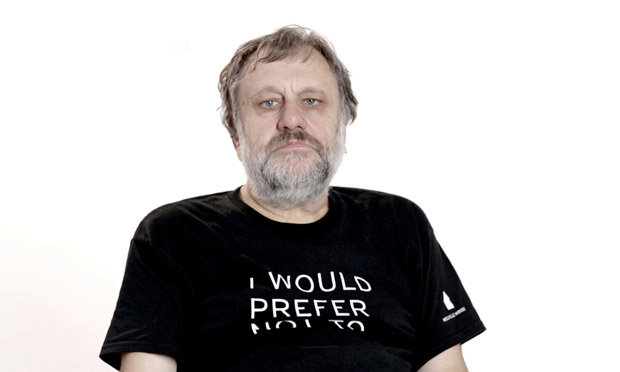|
Concentric spheres of influence may help explain the relationship among Mick Jagger’s lyrics to “As Tears Go By,” W.B.Yeats’ “Sailing to Byzantium,” and in her essay “Reading the World,” Gayatri Chakravorty Spivak’s concept of the West as “disc jockey of an advanced technocracy:” “the most recent technology” as a means of denying freedom by distracting populations. The earlier song lyric is folk wisdom charged with insight or reminder of the primary code; the poem is an argument for cultural wisdom by a member of that culture attempting to breach empirical order with an universal transcendence; and the essay is an explanation of the collusion of science, technology, and capitalism presented as post-colonial and critical insight from someone who might be said to be outside the culture, outside the lyricist’s and poet’s sphere of influence. In her book In Other Worlds, Spivak suggests that the capitalism’s slave-citizens are generations of children doing things they think are new. Perhaps she is someone with badly needed critical or radical insight that may seem a clarion call to the folk but who is in reality announcing a need for a paradigm shift.
Spivak, who is Indian, does not make a saw from a hammer in her analysis. What she may be doing first is pointing out the process for making a hammer a saw. However, more importantly her articulation of a process that isn’t the manufacturing of quaint cultural wisdom into a more universal tool as it is a global insight regarding an economic system (becoming more and more universal) perpetuating an illusion to keep the children playing, the generations at their song, the adult worker enslaved. Her insight isn't wisdom because it isn't problem-solving but problem-posing. She brings a consciousness from outside of a culture. The idea of the same song using different technology is different from “generations at their song” or “children doing things I use to do” in that it points out a laboratory to the white rats in it, not a trick of nature but a man-made artifice. Making conscious the problem of a techno-capitalism as something other than creative play, “a vague evil,” Spivak makes conscious that the latest spatio-temporal discoveries are the magical realms of “pure science.” The more lab rats educated to the thought that they are slaves, the more they want freedom from the lab.
0 Comments
Leave a Reply. |
Archives
May 2024
Categories |

 RSS Feed
RSS Feed